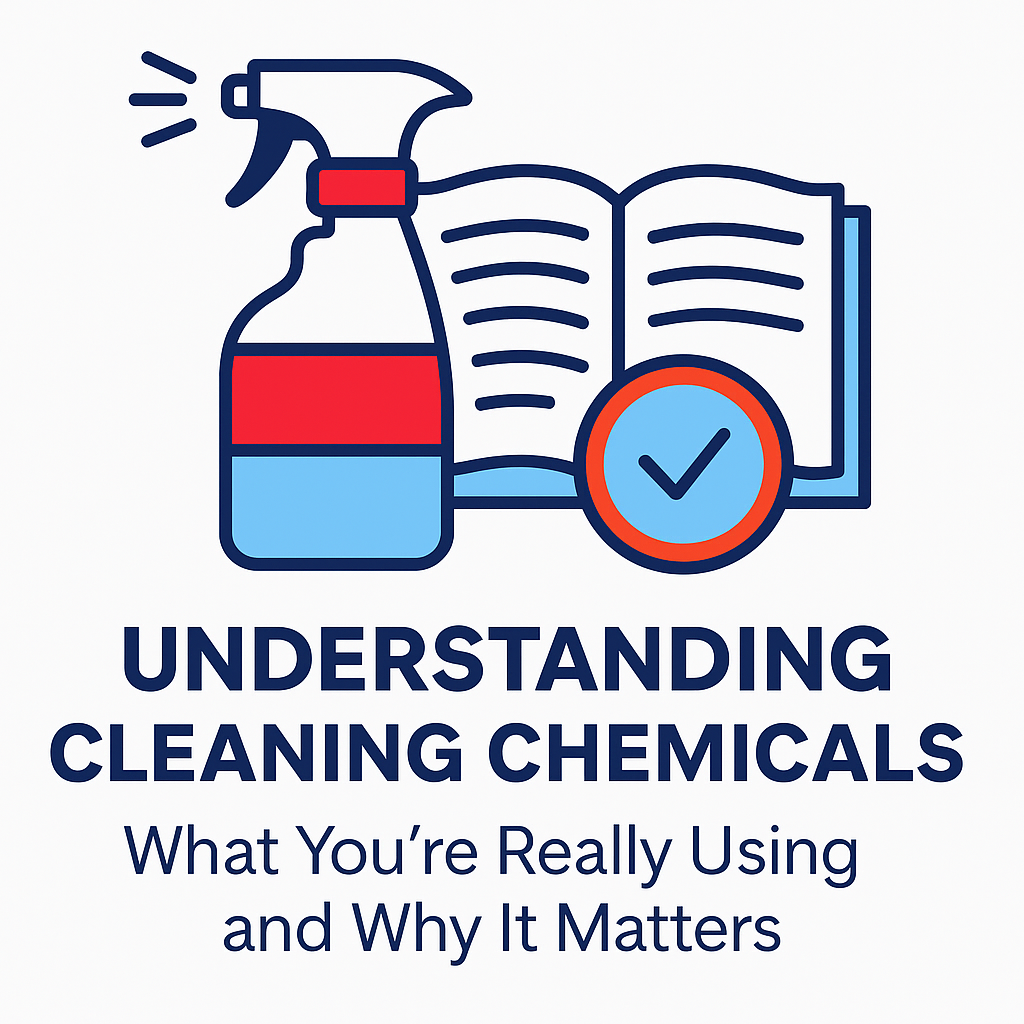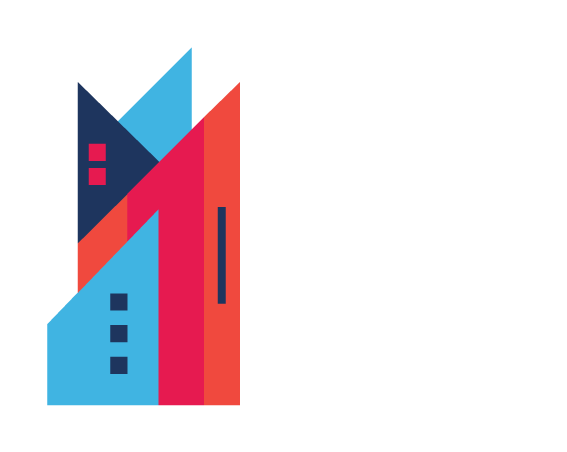Understanding Cleaning Chemicals: What You’re Really Using and Why It Matters
Share
When it comes to professional cleaning, not all chemicals are created equal. Whether you’re maintaining a sparkling showroom, a high-traffic washroom, or a hygienic food-prep area, knowing which cleaning chemicals to use—and how to use them safely—can make or break your results. At Matthews Cleaning Company, we supply the right chemicals for every job so your business stays compliant, efficient, and spotlessly clean.
Why Cleaning Chemicals Are So Important
Cleaning chemicals aren’t just for aesthetics. They play a vital role in hygiene, odour control, and surface preservation. From disinfectants and degreasers to floor sealers and descalers, each product is designed to break down specific soils and kill harmful bacteria or viruses.
Using the right chemical for the task saves time, reduces manual scrubbing, and extends the life of your equipment and surfaces—whether it's a commercial kitchen or a school toilet block.
Types of Cleaning Chemicals and Their Uses
- Disinfectants: Used to kill germs on hard surfaces. Ideal for healthcare, washrooms, and shared workspaces.
- Degreasers: Break down oils, fats, and food residue. Common in hospitality and industrial cleaning.
- Descalers: Target calcium and limescale build-up in toilets, urinals, and dishwashers.
- Neutral Detergents: Gentle but effective for everyday cleaning of floors and hard surfaces without damaging finishes.
- Sanitisers: Fast-acting, food-safe solutions used in kitchens and food-prep areas to prevent cross-contamination.
- Glass & Surface Cleaners: Leave a streak-free shine while removing fingerprints, grease and dust.
Understanding pH Levels in Cleaning
The effectiveness of a chemical often depends on its pH level:
- Acidic cleaners (pH 1–6): Best for removing mineral deposits, rust, and scale. Used in bathrooms and kitchens.
- Neutral cleaners (pH 7): Safe for daily use on most floors and surfaces. Great for general cleaning without damage.
- Alkaline cleaners (pH 8–14): Excellent at cutting through grease, oils and heavy soils. Often used in industrial settings.
Choosing the right pH is critical. Using the wrong product can damage surfaces or leave behind residues that attract more dirt.
Safety First: Chemical Labels and Compliance
Every chemical sold at Matthews Cleaning Company’s store comes with clear labelling, Safety Data Sheets (SDS), and usage guidelines to meet Australian WHS regulations. Look for:
- GHS-compliant labels with hazard pictograms
- Directions for dilution (many are concentrates—using too much is wasteful and unsafe)
- Storage instructions to prevent chemical degradation or reaction
Eco-Friendly Options Are Now the Norm
With more businesses aiming to reduce their environmental impact, we also stock a range of biodegradable, phosphate-free, and GECA-certified cleaning products. These are ideal for schools, councils, and clients with green purchasing policies—without compromising on performance.
Final Thoughts: Choosing the Right Chemical Supplier
Not all cleaning suppliers are equal. At Matthews Cleaning Company, we supply trusted brands like Cleanmax, Puregiene, and Enviroplus, backed by expert advice and local delivery. Whether you need bulk disinfectant for a hospital or eco-safe floor cleaner for a childcare centre, our team can help you build a tailored cleaning chemical solution that works smarter, not harder.
Need Help Choosing the Right Cleaning Chemical?
Contact us or browse our full range of commercial-grade cleaning chemicals right here. We’re here to help you stay safe, compliant, and consistently clean.

